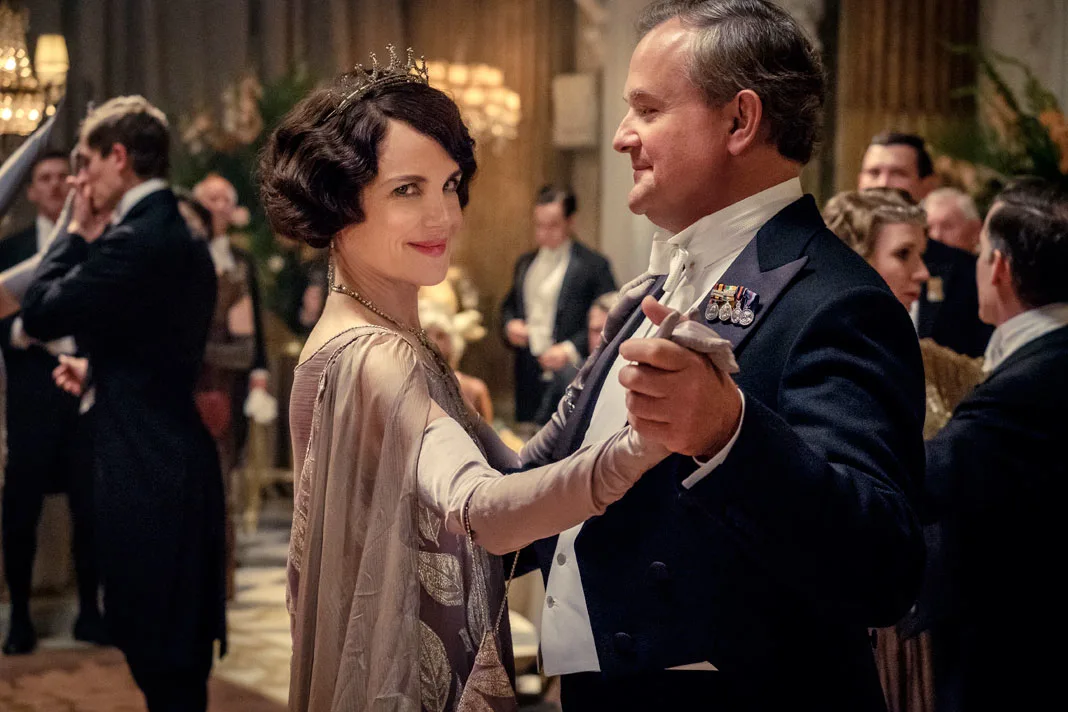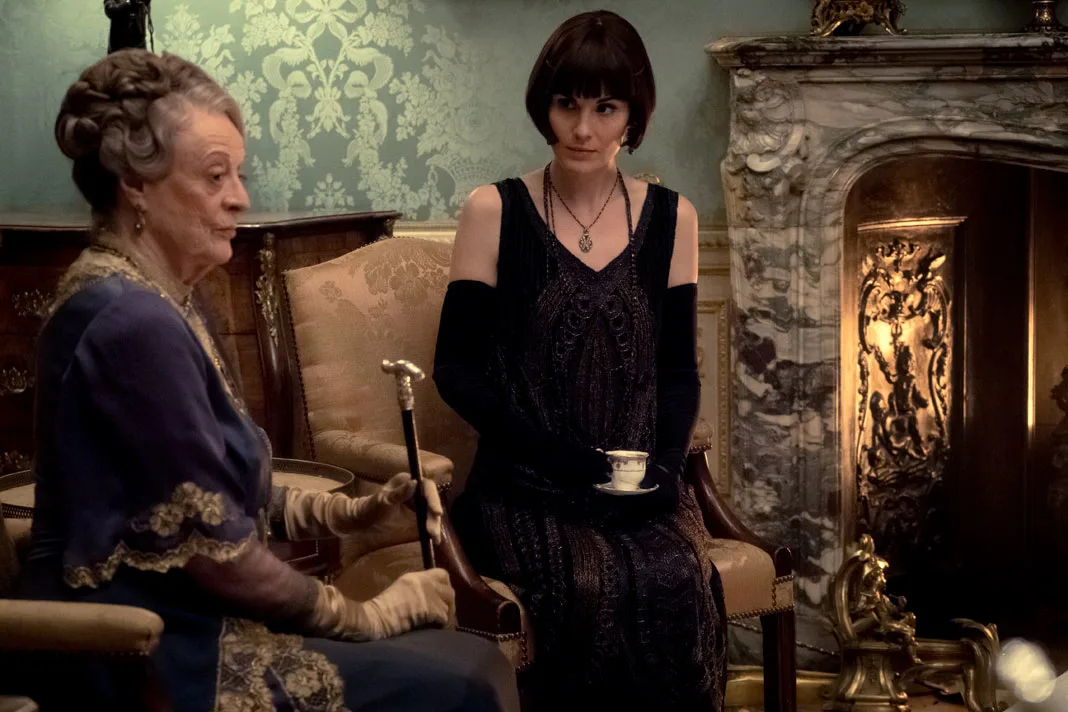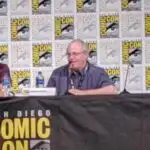Continuation. Repetition. Encapsulation. In the realm of TV translation to film, these are the three potential options for what the audience will receive. A continuation of the story from its last episode, potentially with greater stakes and changes to the status quo on offer. A repetition of the most loved storylines in order to achieve the cheapest of joys. Or an encapsulation of what the show was without adding anything new or changing it – a long-form episode with low stakes that reminds us why we loved the original in the first place.
The big screen version of BBC’s beloved Edwardian “Upstairs/Downstairs” drama Downton Abbey faints with the first, mostly avoids the second, before firmly ending in the latter. This means for the casual viewer, it is either incomprehensible or so lacking in drive as to disinvite any potential interest. But for the hardcore fan, it is a warm blanket, wrapping its returning family in comfort and familiarity.
Picking up a year or so after the end of the previous series, the denizens of Downton Abbey have continued on more or less exactly as they had been: the lordly Crawley’s (Hugh Bonneville) blissfully and often ignorantly swanning through their palatial home amid the various servants who depend on them with various levels of acceptance of that fact.

That mildly wobbly balance is temporarily upended by the news that the King and Queen of England will be spending the night there as part of a tour of the country. As the preparations get underway, old family tensions – from Tom’s (Allen Leech) increasingly disappearing Republicanism to Barrow’s (Rob James-Collier) oppressed homosexuality to Mary’s (Michelle Dockery) ongoing questioning about her future and how much she wants to lean on the past — stubbornly resurface.
Outside of its understandably lauded first season, Downton Abbey the show was less a recapturing of a moment in time to examine the class issues of today and more of a light soap opera that leaned on its more complex genesis to add gravitas to its essential weightlessness. Downton Abbey is, by design, more of the same (and really, why wouldn’t it be), only even further removed from its beginning, making it lighter and less dramatic.
Given limited time (the events of the film seem much like a season of the show, squashed down to two hours), characters repeat the basic elements of their makeup with occasional highlights of the pieces creator/writer Julian Fellowes (Gosford Park) seems to consider the most important or his favorite or both. The result is the purest distillation of what the show was through the course of its most-used plot and character dynamics, which make tentative steps into the future but not enough to repel anyone. Continuation. Repetition. Encapsulation.
That in itself was one of the few enduring features of the show, however. Barring a few melodramatic moments no soap opera can entirely resist, Downton characters never fundamentally changed as a result of their adventures. Like actual human beings, they just became more and more themselves. Barrow still yearns for his place in the world — both personally and professionally — he’s just less unctuous about it.

Leech’s Tom Branson still considers himself an outsider to the family he has become attached to, but he also understands and loves them, and however much his life changes, he’ll never detach himself from them. Mary realizes and accepts her place as the de facto center of Downton, a Maggie Smith in training, and refuses to resent it anymore. No one comes to any startling realizations or startling life changes (even as major life changes like pregnancy and fatal illness are discussed), which is the most amazing thing in and of itself.
If that means Downton still contains its old weaknesses, it also contains its old strengths. Maggie Smith remains the secret weapon of every scene as the irascible dowager Countess, while Dockery has grown into her peer in character. Giving Smith yet another estranged relative to argue inheritance with feels like a tremendous backstep (Continuation. Repetition. Encapsulation), but it also introduces the fantastic Imelda Staunton, who goes toe to toe with Smith in several of the best scenes (Continuation. Repetition. Encapsulation.)
The compressed nature of the film forces the ditching of much of the soap opera sub-plots (except for Daisy’s still boring waffling on getting married again) in favor of a more macro focus on the best elements, especially the downstairs group’s professional maneuvering in the shadow of the rich.
The arrival of the royal butler (David Haig) and entourage to take over running the household while the King and Queen are in residence, kicking the reliable Downton staff to the curb in the process, is the perfect vehicle for what was always the best part of the show. Servants, new and old, scheme and squabble and remind us of their particular attributes (mostly) without stealing the spotlight or changing radically from who they’ve always been. The stakes are low, and the resolutions are easy (and occasionally ridiculously heavy-handed) but never feel false.
This is always what Downton was: love it or lump it. And so it is what Downton still is. Continuation. Repetition. Encapsulation. Anyone looking for more than that either has never seen a big-screen adaptation of a television series before or is in the hunt for massive disappointment.
DOWNTON ABBEY REVIEW RATING: 7/10
Downton Abbey will open on Friday, September 20, 2019, in North America and internationally on Friday, September 13, 2019. Click here for all our Downton Abbey coverage.

Joshua Starnes has been writing about film and the entertainment industry since 2004 and served as the President of the Houston Film Critics Society from 2012 to 2019. In 2015, he became a co-owner/publisher of Red 5 Comics and, in 2018, wrote the series “Kulipari: Dreamwalker” for Netflix. In between, he continues his lifelong quest to find THE perfect tomato soup and grilled cheese sandwich combination.